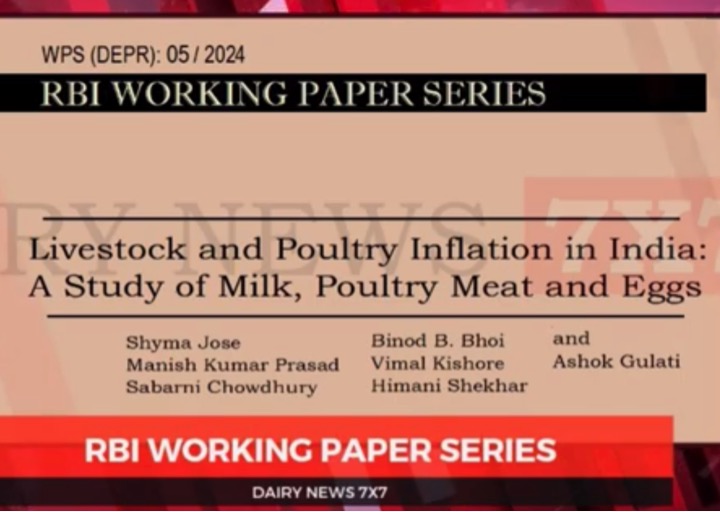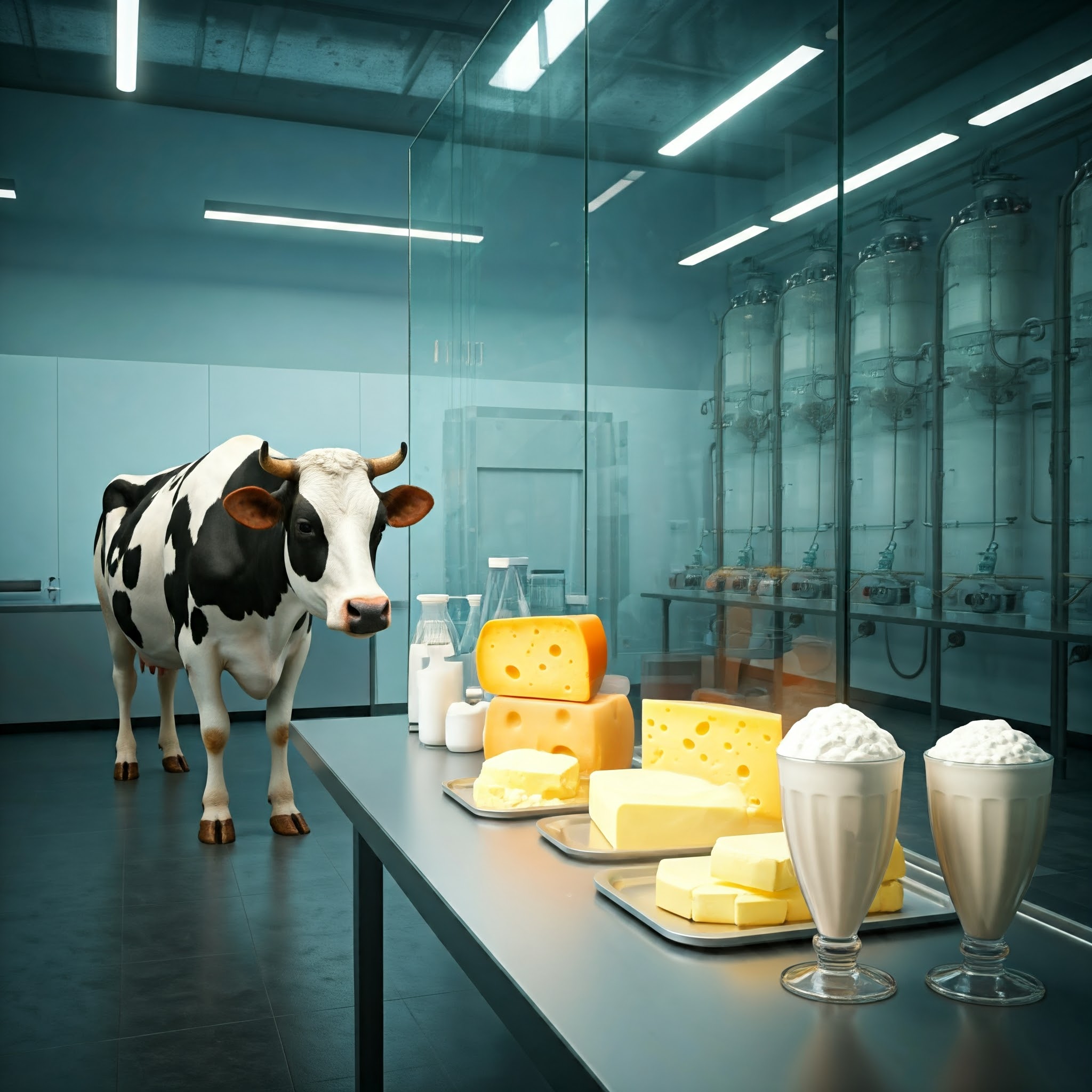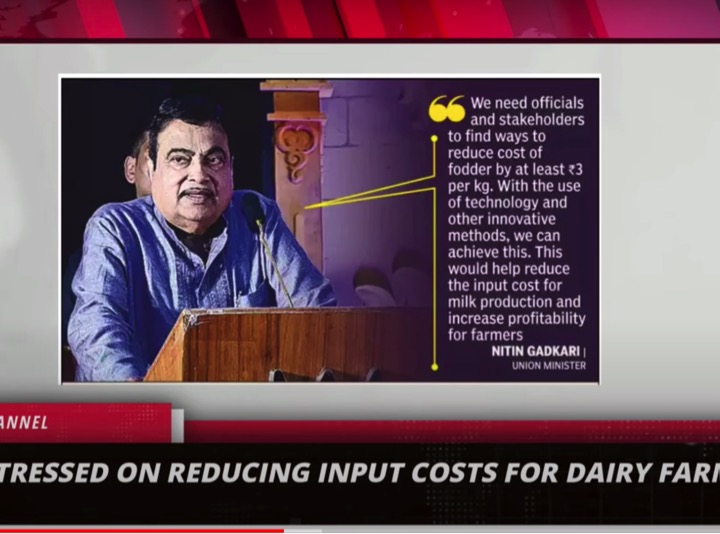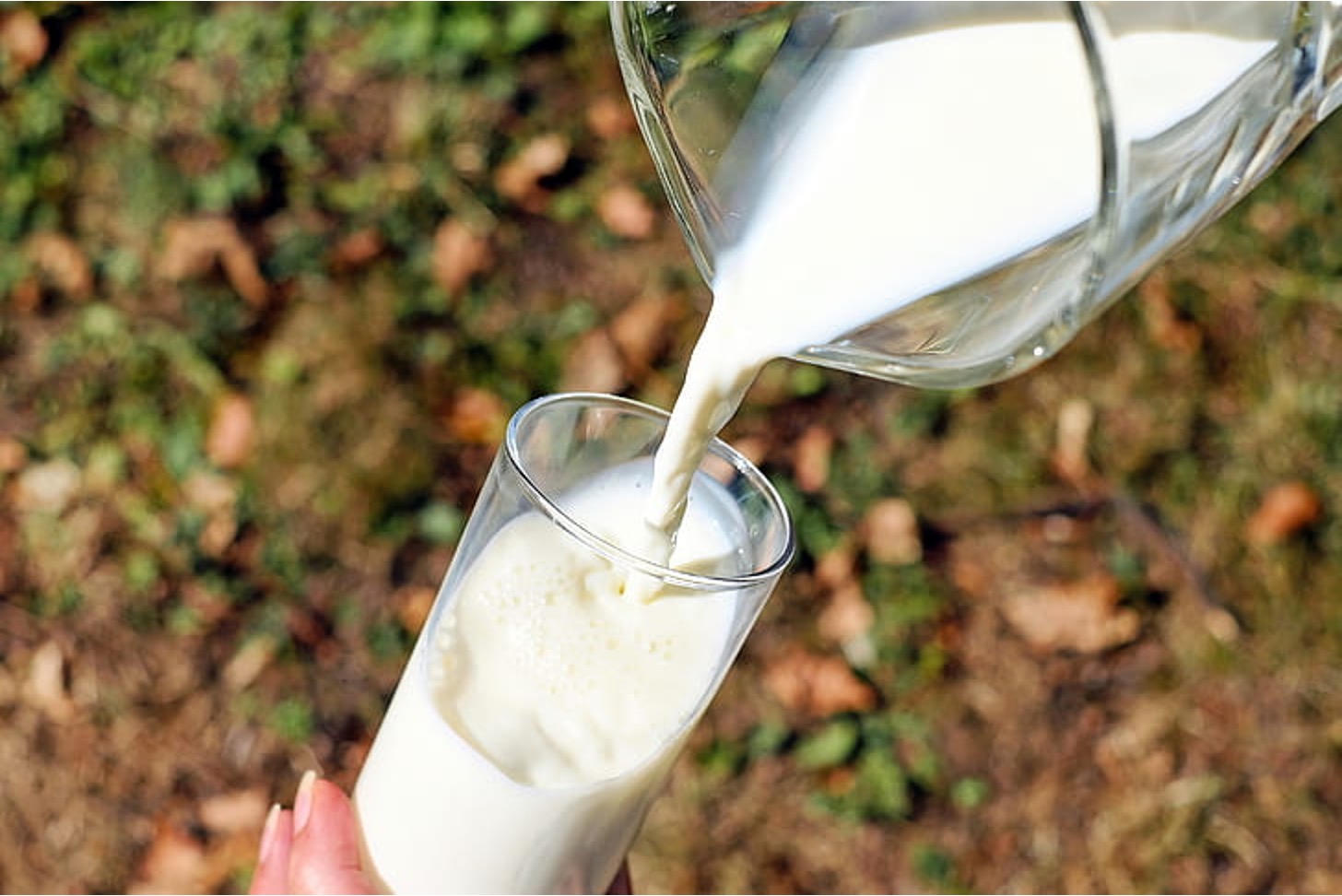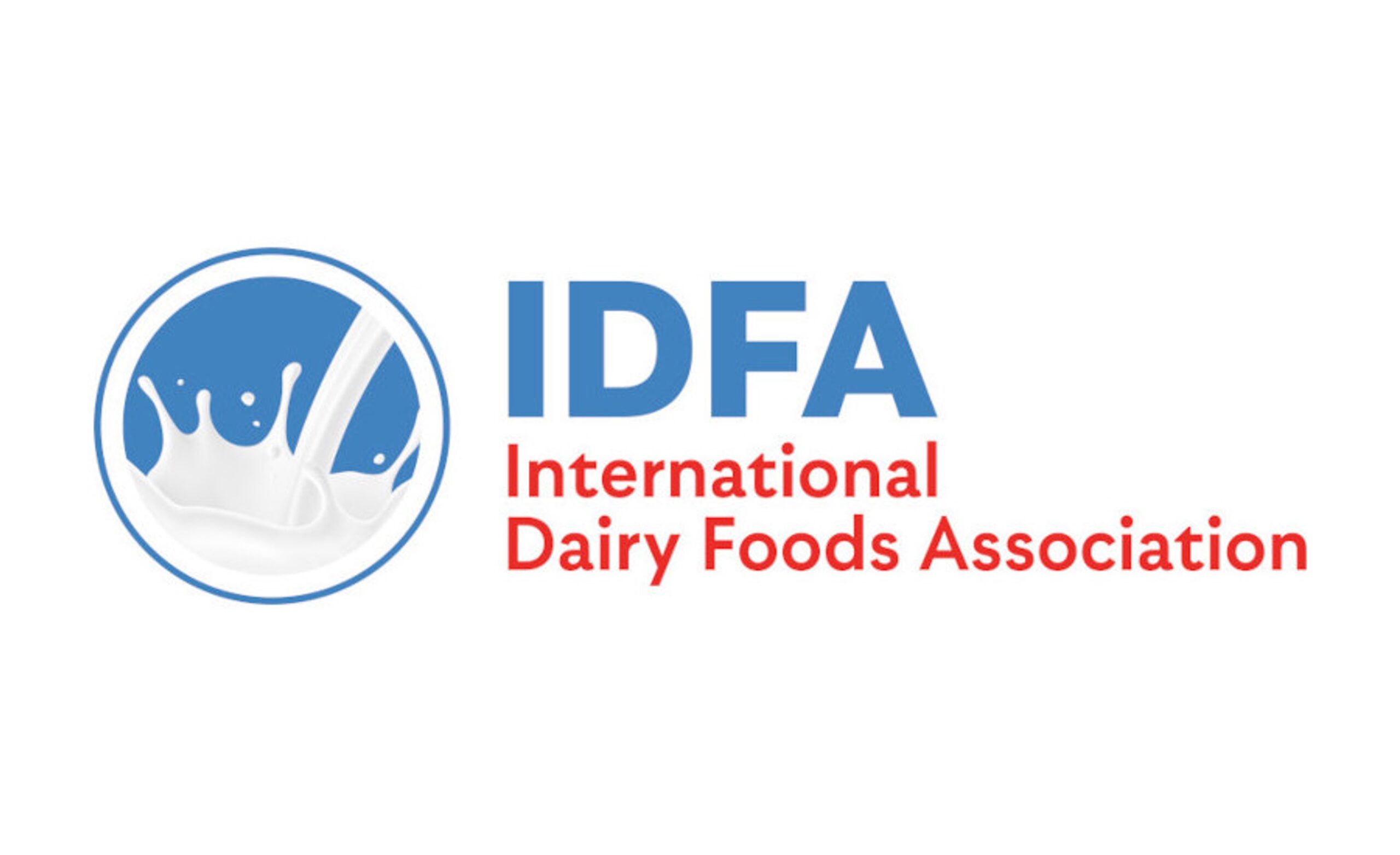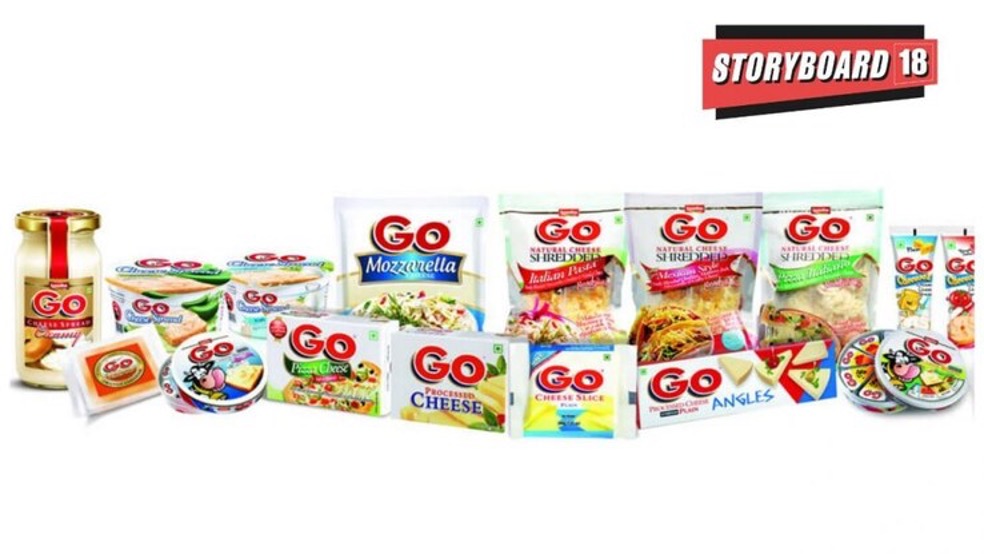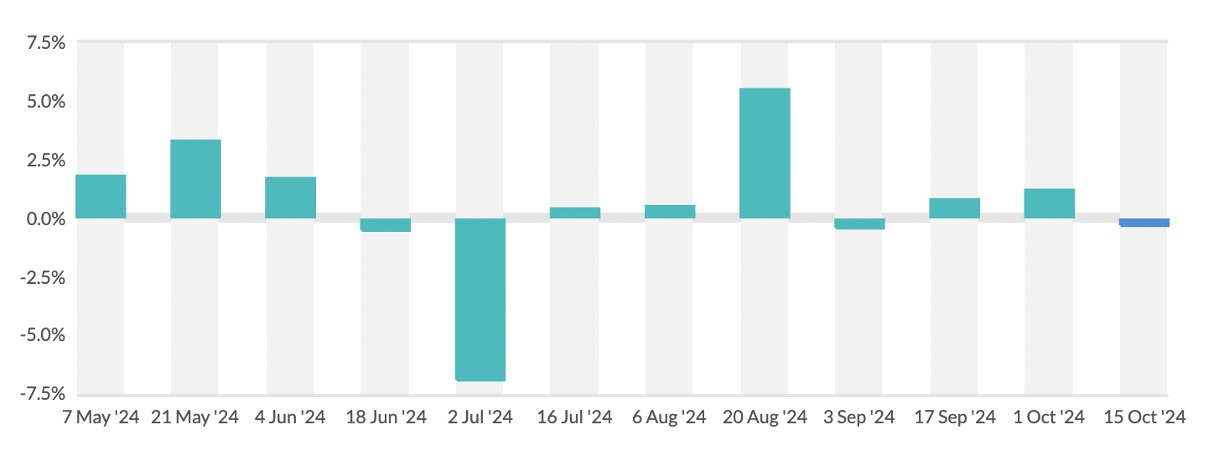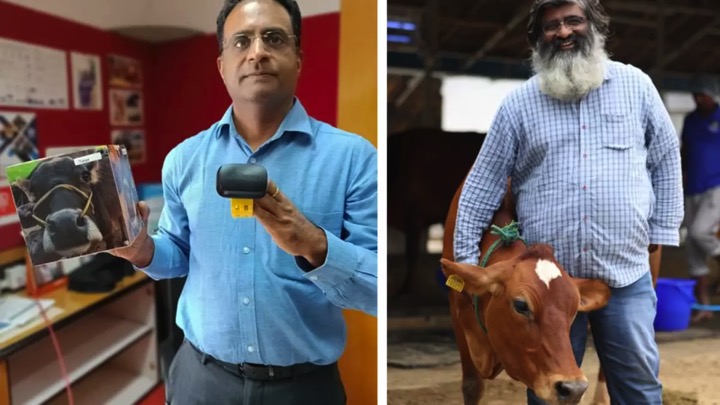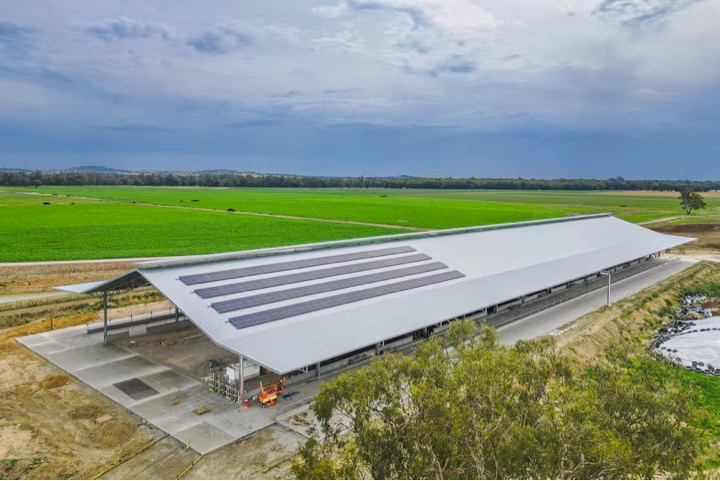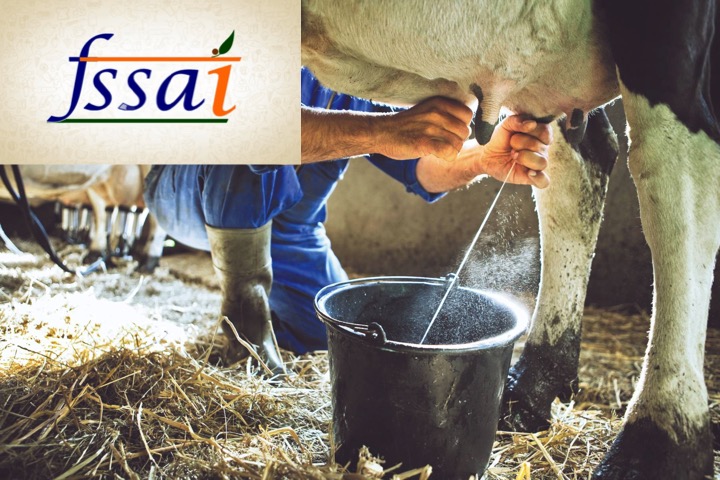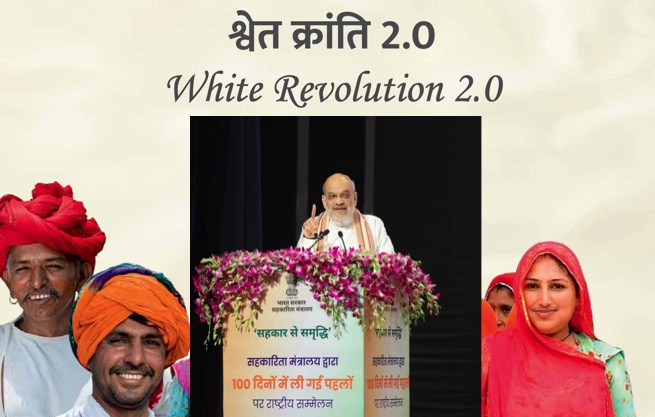Companies are investor-owned entities that exist primarily to maximize their return on capital. This is reflected in the value of their shares, whether traded on an exchange or not. The investor-owner ultimately seeks capital appreciation and the highest possible price for the shares he wishes to sell or pledge to raise further funds.
Cooperatives, on the other hand, are organizations owned by members who can be producers or consumers. These members may own shares, but value the cooperative primarily for the services it provides. Such services, if it is a producer-owned cooperative, would include procurement, processing and marketing of their produce or supplying them with inputs used in production. The success metrics in this case are not earnings per share or dividend payout ratio, but purchase price of produce and timeliness of payment or quality animal feed, farm expansion and animal health support, fertilizers and least cost credit.
However, both companies and cooperatives are, at the end of the day, business enterprises whose purpose is – or should be – to provide value to their owners. Take the case of the Gujarat Cooperative Milk Marketing Federation (GCMMF). An apex organization of dairy cooperatives in Gujarat, ultimately owned by 36.4 lakh farmers, supplies milk to 18,154 village-level societies across the state.
Has the GCMMF provided value to these “shareholders”? By all indicators, it is. Between 2001-02 and 2021-22, GCMMF’s sales turnover increased from Rs 2,336 crore to Rs 46,481 crore and average daily milk procurement increased from 47.32 lakh liters to 263.66 lakh litres, which included 42.68 lakh liters from outside Gujarat .
But for the farmer-owner, what really matters is the price paid for his milk, just as for the investor-owner the price of a company’s stock is. In the last 20 years, the average purchase price paid by GCMMF’s district milk unions to producers has increased from Rs 184 to Rs 820 per kg of fat. Amul full cream milk, which








